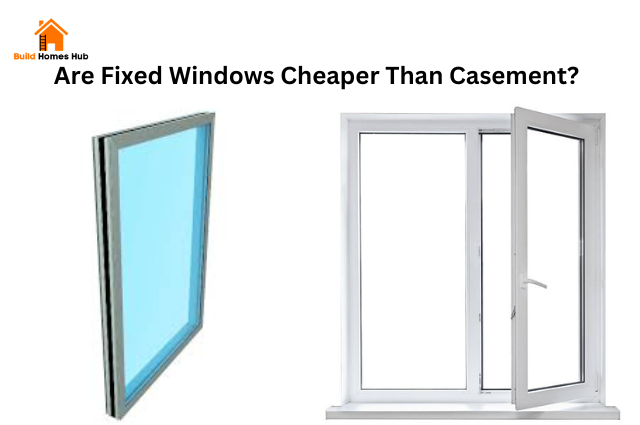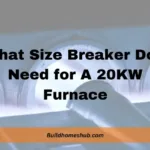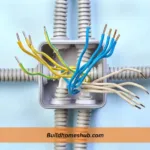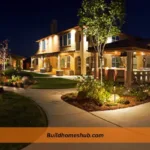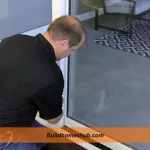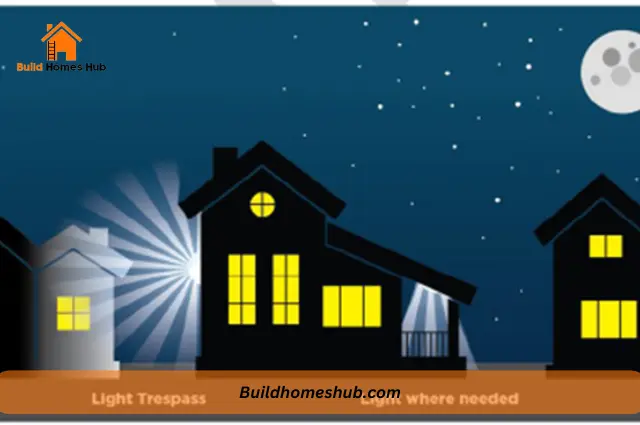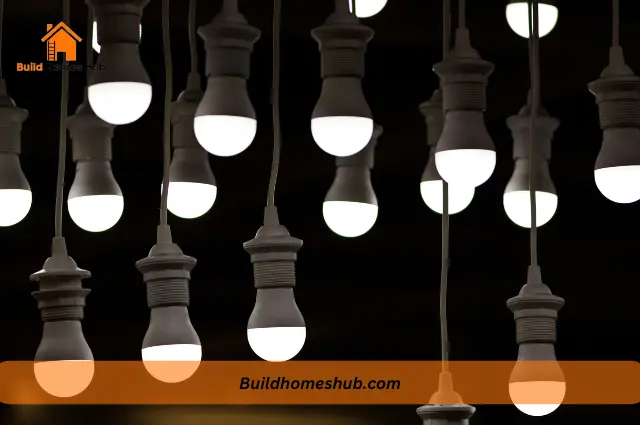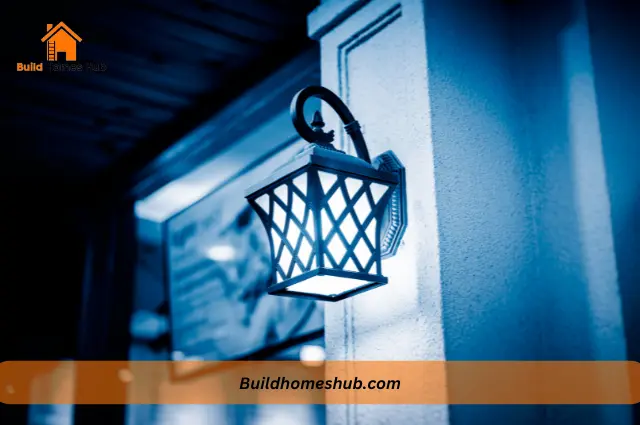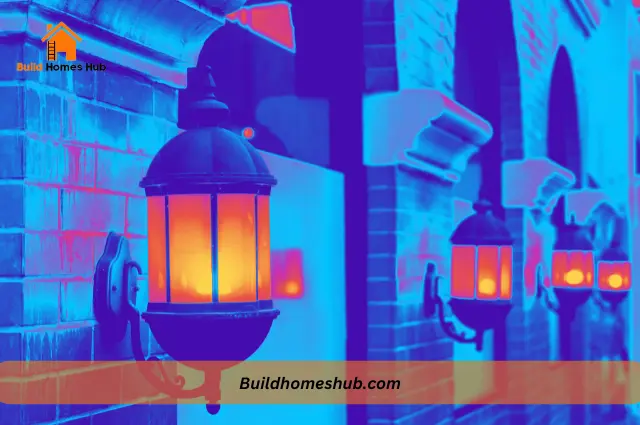When it comes to choosing windows for a home, the cost is often an important factor to consider. One question that homeowners may have is: are fixed windows cheaper than casement windows?
Yes, fixed windows are generally less expensive than casement windows, although the exact cost will depend on a variety of factors such as the size and type of window, the materials used, and the location of the window.
Fixed windows are typically less expensive to manufacture and install than casement windows because they have a simpler design and require fewer materials. Fixed windows do not have hinges or other hardware, which can reduce their cost compared to casement windows.
However, it is important to note that the overall cost of a window will depend on a variety of factors, and fixed windows may not always be the most cost-effective option. For example, if you are looking for a window that provides ventilation, a casement window may be a better choice, even if it is more expensive than a fixed window.
It is a good idea to consider all of your options and weigh the pros and cons of different types of windows before making a decision.
Pros and Cons of Fixed Windows
There are several pros and cons to consider when it comes to fixed windows:
Pros:
1. Energy efficiency:
Fixed windows do not open and close, which means they have a tighter seal and are less prone to drafts. This can improve your home’s energy efficiency, potentially reducing your heating and cooling costs.
2. Security:
Fixed windows cannot be opened, which makes them more secure than windows that can be opened. This can be especially important for ground-floor windows or windows located in areas with high crime rates.
3. Low maintenance:
Fixed windows do not have any moving parts, so they require minimal maintenance. They also do not get worn out as quickly as windows that are opened and closed frequently.
4. Aesthetics:
Fixed windows can be designed in a variety of shapes and sizes, and they can be used to create a unique, modern look for a home or building.
Cons:
1. Lack of ventilation:
Because fixed windows do not open, they do not provide a way to ventilate a room. This can be a problem in hot weather or rooms prone to odors or excess moisture.
2. Limited access to the outside:
Fixed windows do not provide a way to access the outside, which can be inconvenient in certain situations. For example, if you want to water plants or check on something outside, you will not be able to do so through a fixed window.
3. Limited natural light:
Because fixed windows do not open, they do not allow for much flexibility in controlling the amount of natural light that enters a room. If the windows are too small or not positioned correctly, the room may not receive enough natural light.
4. Lack of emergency exits:
In the event of a fire or other emergency, fixed windows cannot be used as an exit. This can be a safety concern, especially in multi-story buildings.
Pros and Cons of Casement Windows
Here are some pros and cons to consider regarding casement windows.
Pros
1. Energy efficiency:
Casement windows seal tightly when closed, which can help to improve the energy efficiency of a home. They also allow for better airflow when opened, which can help to ventilate a room naturally.
2. Security:
Casement windows have a single sash that is hinged on one side and can be opened with a crank handle. This makes them more secure than windows that can be easily opened from the outside.
3. Easy to clean:
Casement windows can be opened wide, making them easier to clean from the inside. This is especially useful for windows that are located high off the ground or in hard-to-reach places.
4. Aesthetics:
Casement windows can be designed in a variety of shapes and sizes, and they can be used to create a modern or traditional look for a home or building.
Cons:
1. Limited ventilation:
While casement windows do provide some ventilation when opened, they do not allow as much airflow as windows that are fully opened or that have multiple sashes.
2. Limited natural light:
Because casement windows are hinged on one side and do not open fully, they do not allow as much natural light to enter a room as windows that are fully opened.
3. Higher cost:
Casement windows are typically more expensive than other types of windows, such as double-hung or sliding windows.
4. Limited access to the outside:
Casement windows do not provide as much access to the outside as windows that are fully opened or that have multiple sashes. This can be a problem if you want to water plants or check on something outside.
Comparing Fixed Windows and Casement Windows
| Feature | Fixed Windows | Casement Windows |
| Energy efficiency | High | High |
| Security | High | High |
| Maintenance | Low | Low |
| Aesthetics | High | High |
| Ventilation | Low | Moderate |
| Natural light | Moderate | Moderate |
| Cost | Low | High |
| Access to outside | Low | Low |
| Emergency exits | Low | High |
1. Application
What’s the difference between fixed windows and casement windows? The application is different.
Fixed windows are generally installed on a wall, while casements are mounted on top of the window frame. This means that fixed windows can be used in rooms that don’t get much natural light, such as bathrooms and bedrooms. Casements, however, are better suited for rooms where there’s lots of natural light coming through because they’re more adjustable than their fixed counterparts.
2. Price
Casement windows tend to be more expensive than fixed windows, but they’re also typically less expensive than double-hung windows. If you’re looking for the most bang for your buck, go with a fixed window. However, if you like the look and feel of casement windows better than that of fixed or double-hung, then by all means go ahead and get them.
3. Design
Casement windows are much more flexible in design than fixed windows. Casements can be designed to fit almost any style of home, whereas most fixed windows are best suited to traditional styles of home.
4. Ventilation
While both fixed and casement windows can be opened, it’s important to know the difference between them if you use your window for ventilation.
Fixed windows are more likely to trap moisture and heat in your home. They don’t allow for any airflow or fresh air during the colder months of the year. Casement windows do allow for some air circulation, but they aren’t as effective at it as some other types of windows.
5. Energy efficiency
As you might imagine, casement windows are more energy efficient than fixed windows. That’s because casement windows have more insulating value and are more airtight than fixed windows.
Energy efficiency is one of the main benefits of using casement windows in your home. These features mean that they can help keep your home warm in the winter and cool in summer without needing to turn up or down your thermostat as much.
6. Aesthetics
If you’re looking to show off your style, casement windows are undoubtedly the way to go. They’ve been in use for thousands of years, and they’re aesthetically pleasing. If you want something that looks classic and elegant, you should check out this option.
Casement windows can be installed in a variety of styles. The popular choice is an operable window with two sashes. These come in many wood types, including oak, mahogany, and pine; some are also made from vinyl or aluminum composite materials (ACM)
Conclusion
I hope this article has helped demystify the window-buying process. With so many options available, it can be hard to know which type of window is right for your home. But by understanding some key differences between casement and fixed windows, you’re on your way to making an informed decision that will last for years to come.
I hope to help you make the right choices with my content. I am passionate about building new homes and renovations. Follow me, on my socials, I drop nice stuff that may be helpful.

